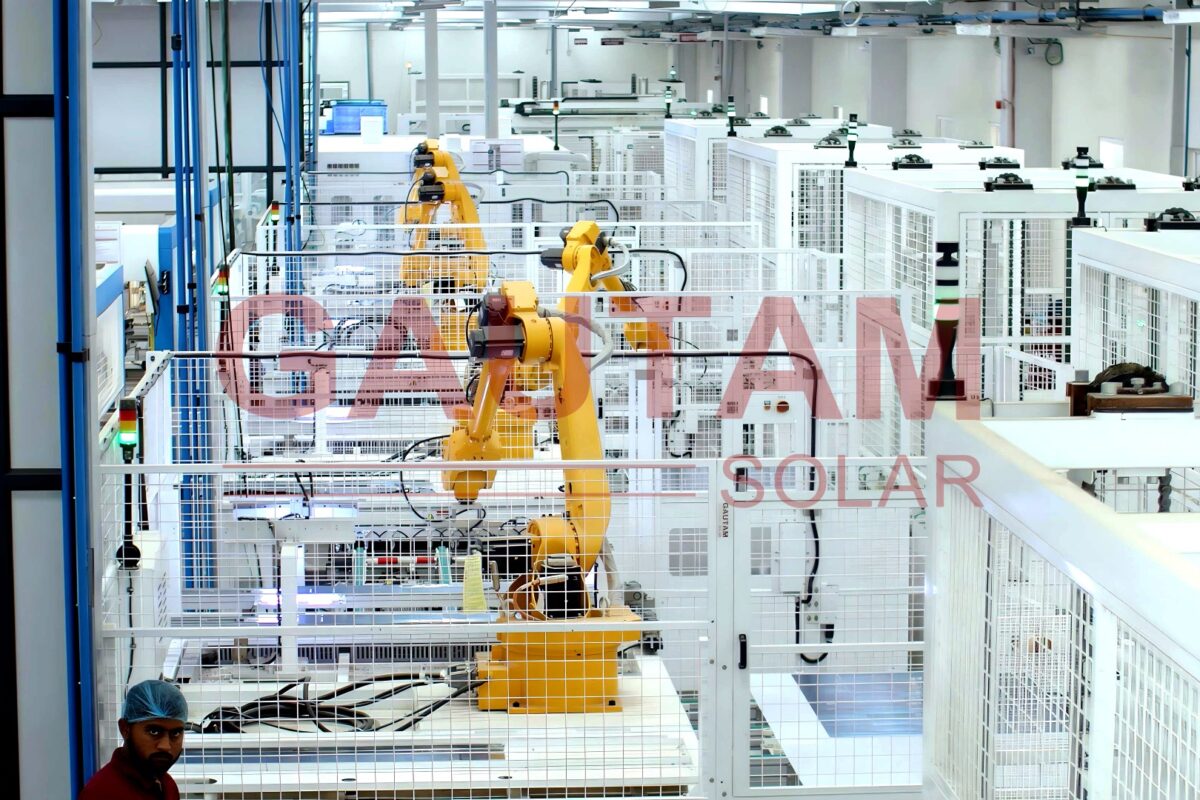“Producers may be made responsible for ensuring recycling of end-of-life glass panels as part of their extended responsibility as in the case of e-waste which covers used lead-acid batteries, packaging material, etc. The generators might set up facilities for safe dismantling of used solar panels or should tie-up with an authorised dismantling facility,” the ministry said in its note.
So far, India has no policy for the management of glass containing antimony, which is used in solar panels (SPACG), and recycling facilities for such end of life modules are not yet available in the country.
Antimony is used in solar panel glass to improve stability of the glass upon exposure to ultraviolet radiation and/or sunlight. The combination of low iron content, antimony and/or patterning results in glass substrate with high visible transmission and excellent light refracting characteristics.
In its recently released concept note, MNRE states that the management of PV modules needs to follow the cradle-to-grave lifecycle assessment across four stages: (1) component production; (2) module manufacturing; (3) module use; and (4) end-of-life-use stage.
“Improper treatment or disposal of PV waste may result in the loss of this reusable resource/ recyclable material. The estimated waste production factor is about 75 MT of waste for every 1 MW of solar PV installed capacity,” the concept note states.
The disposal should be done in an environmentally safe manner and glass needs to be recycled following the principles of resource recovery, resource efficiency and the circular economy.
The end of life solar panels are required to be collected and stored safely until the option for recycling is available. It should never be disposed of, or dumped in open landfills, as it may release antimony into the environment.
The option of disposing waste solar panel glass in common hazardous Treatment Storage and Disposal Facilities (TSDFs) is to be considered the least preferred action when recycling facilities are not available in the country, MNRE said.
Recycling of PV modules is technologically and economically feasible; however, challenges arise when there is a limited quantity of PV waste for recycling. Countries like Germany have developed PV recycling technologies, and solar glass with antimony may be recycled without affecting its properties.
There are manufacturers that produce antimony-free glass that can be used in the production of PV modules. However, the use is not yet significant.
In 2017, an application (Niharika Vs Union of India and Others) was filed before the National Green Tribunal (NGT) regarding the use of antimony in glass used in PV panels and the possible environmental risks or consequences at the end of life of such solar panels.
Recognizing that there was no policy or rules on the management of such glass, NGT directed the MNRE to prepare an appropriate policy.
This content is protected by copyright and may not be reused. If you want to cooperate with us and would like to reuse some of our content, please contact: editors@pv-magazine.com.








By submitting this form you agree to pv magazine using your data for the purposes of publishing your comment.
Your personal data will only be disclosed or otherwise transmitted to third parties for the purposes of spam filtering or if this is necessary for technical maintenance of the website. Any other transfer to third parties will not take place unless this is justified on the basis of applicable data protection regulations or if pv magazine is legally obliged to do so.
You may revoke this consent at any time with effect for the future, in which case your personal data will be deleted immediately. Otherwise, your data will be deleted if pv magazine has processed your request or the purpose of data storage is fulfilled.
Further information on data privacy can be found in our Data Protection Policy.